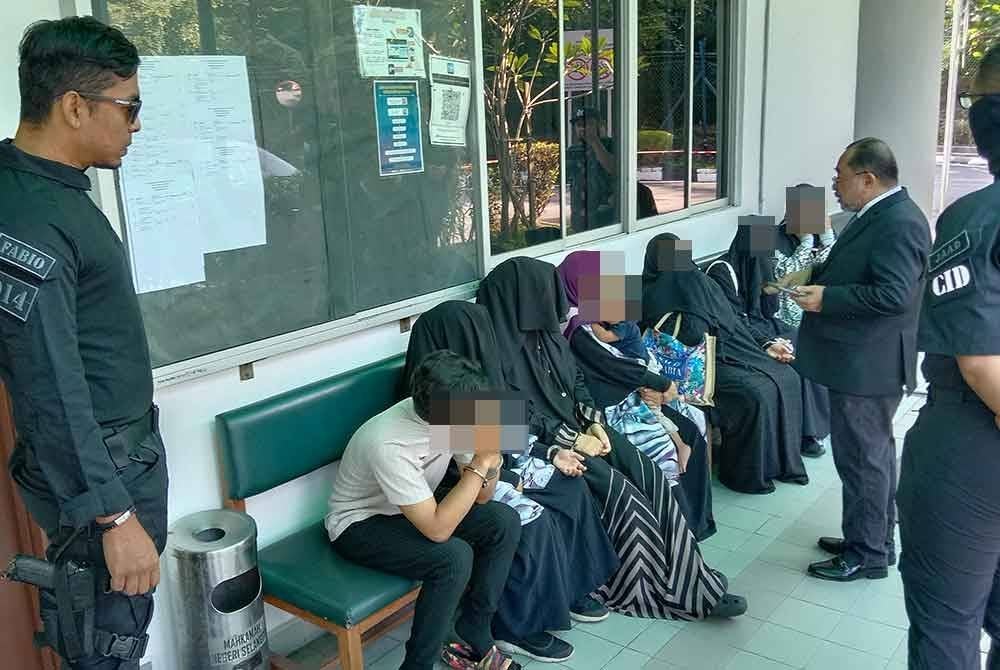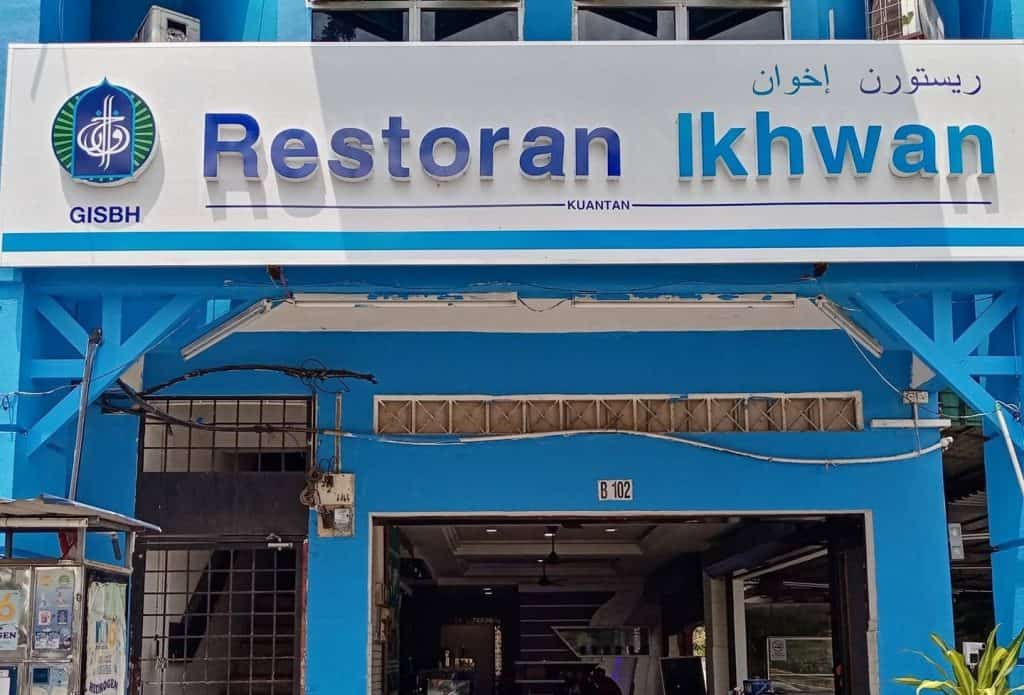The ongoing case involving Global Ikhwan Service and Business Holding (GISBH) has taken a troubling turn after a former employee revealed that he never received a single salary during his entire 10 years with the company.
After the incident, Sinar Harian reported that GISBH failed to pay salaries to more than 5,000 workers across its 25 subsidiaries because they did not believe in the conventional salary system.

They followed a system called “ma’aj”
A former number 2 leader of GISBH in a state claimed that GISBH, which is a remnant of the Al-Arqam and Rufaqa’ groups, instead uses the ma’aj system, which is a subsistence payment considered to be more flexible and fair.
He said the concept of ma’aj is considered better than the conventional salary system because GISBH believes that a person’s living needs vary based on rank and position, number of wives, household members, and status.
“The distribution rate of ma’aj for each GISBH member is determined by their branch leader, while the living allowance for each branch leader is decided by the central senior leadership of GISBH,” he added.

Bigger families will receive more income
He explained that top leaders are provided with luxury vehicles to manage external affairs, while lower-level employees don’t need such benefits.
Additionally, members with 4 wives and many children will receive more income than those with smaller households.
He pointed out that the ma’aj system used by the group works like a caste system, mainly helping the leaders while ignoring the needs of the lower-ranking members.
He also mentioned that how they hand out ma’aj payments is rather subjective and complicated that it ends up being unfair to those who don’t have close relationships with the local leaders.
“If the ma’aj system was applied more fairly, it would be way better than the capitalist salary system.”

The benefits were not properly recorded in financial statements
The former GISBH leader criticised the ma’aj system for benefiting only the leaders and not being properly recorded in financial statements.
He highlighted issues of modern slavery within the conglomerate, as branch leaders are pressured to make monthly payments to central GISBH, resembling franchise fees.
While some effective branch leaders can support their members, those struggling financially must prioritise these monthly payments, leading to poverty among certain members who barely have enough to eat.

What are your thoughts on this? Let us know down in the comments below!
Also read: LHDN Denies Inaction Against GISBH, Says Over 60 Audits Had Been Conducted & Penalties Imposed









































